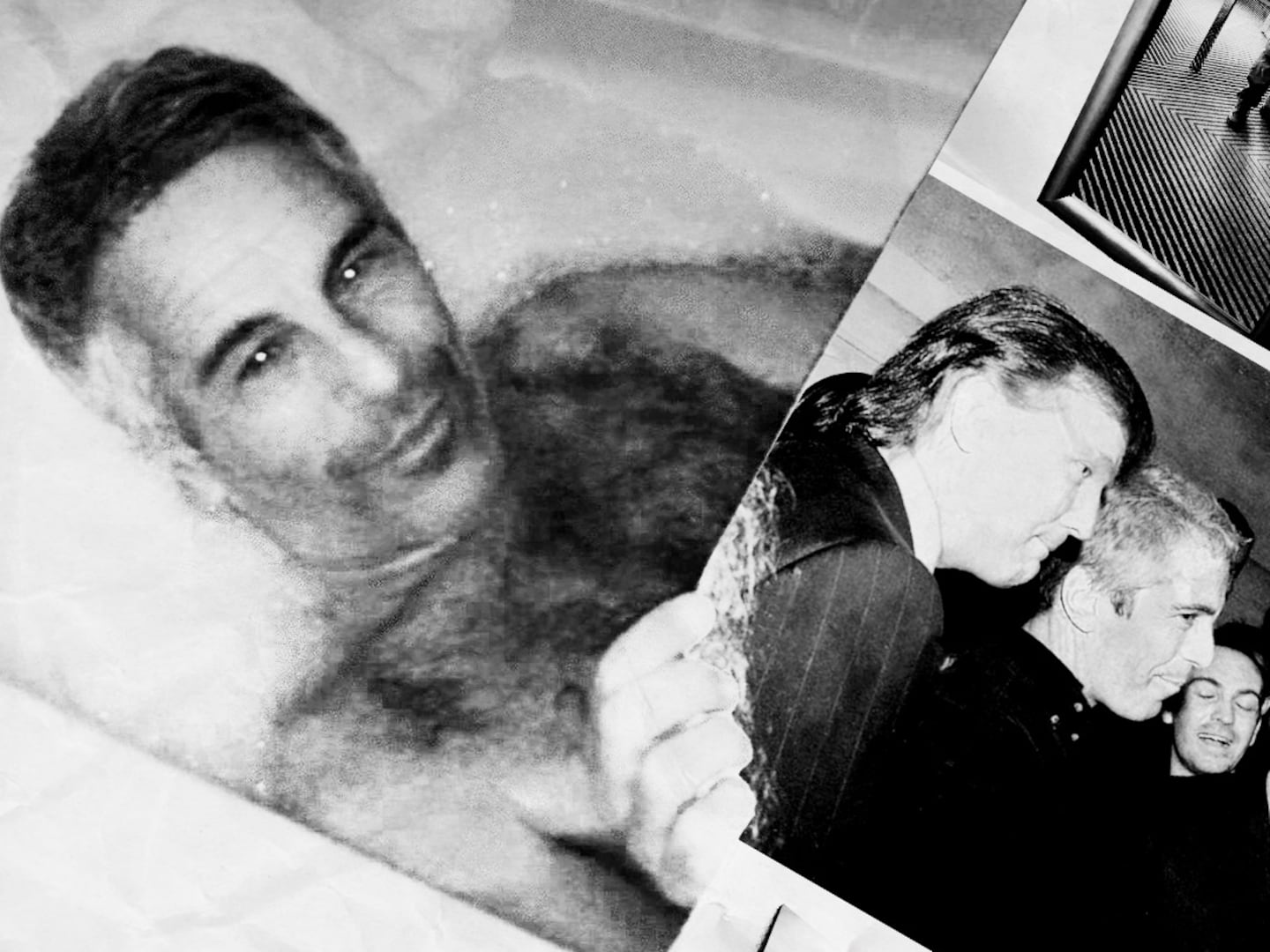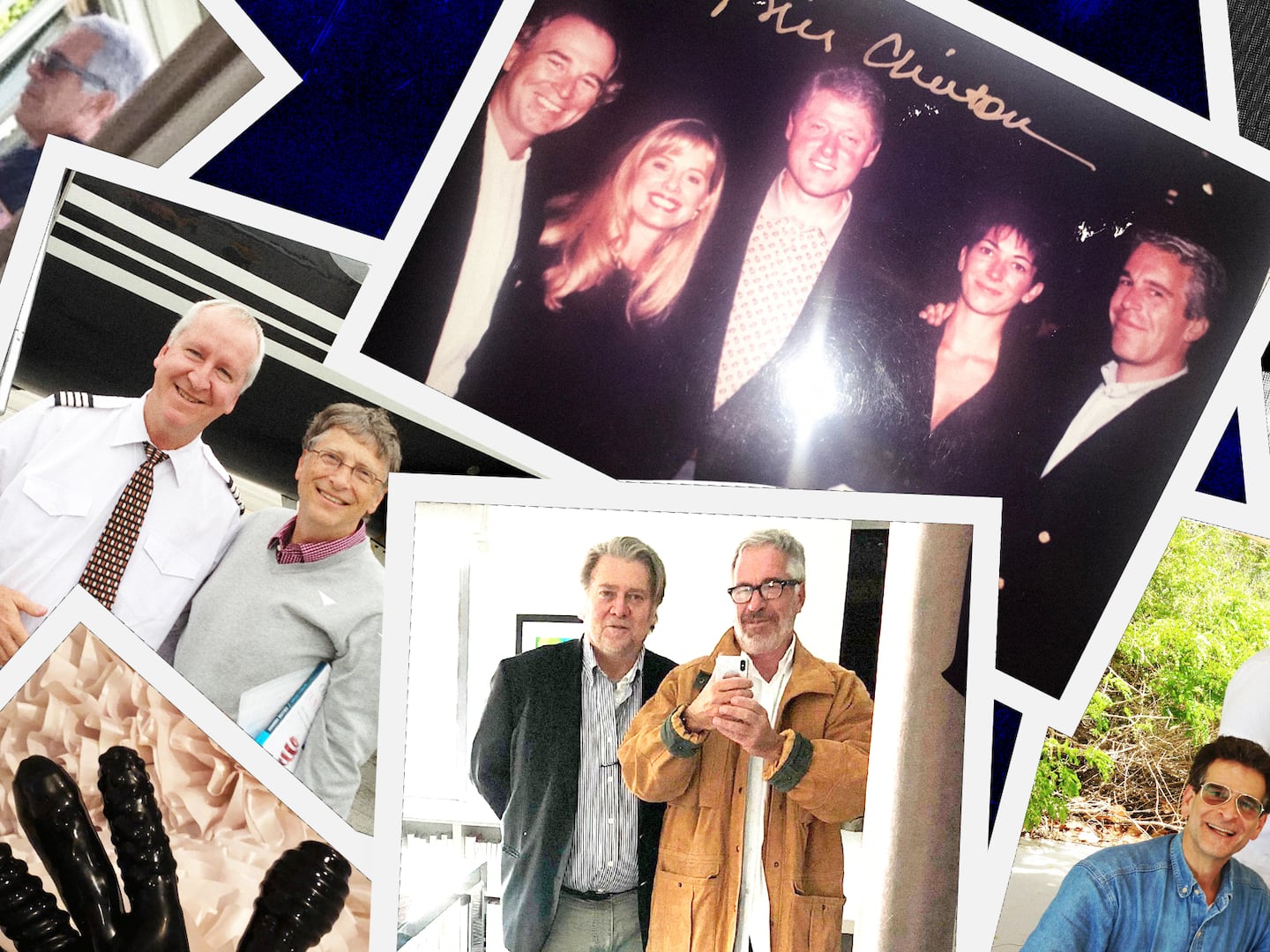They don’t get it; they just don’t get it.
In the Columbia University Journalism School’s 13,000-word postmortem, filled with incriminating details about Rolling Stone’s now-retracted campus rape investigation, the most incriminating detail is that nobody at the magazine seems to believe that its reporting, editorial, and fact-checking practices are in need of serious reform.
“Rolling Stone’s senior editors are unanimous in the belief that the story’s failure does not require them to change their editorial systems,” reports the highly anticipated, four-month study of how the magazine ended up publishing “A Rape on Campus,” an error-ridden account that focused on a supposedly savage (yet completely unverified) sexual assault at a University of Virginia frat house. The story, originally published Nov. 19, 2014, was recently deleted from the magazine’s website.
The blockbuster narrative, by Rolling Stone contributing editor Sabrina Rubin Erdely and based largely on the first-person account of a UVa junior and alleged rape victim identified only as “Jackie,” predictably provoked a firestorm of outrage when it was published last fall.
Erdely’s story, which suggested an attitude of indifference at best and cover-up at worst by the UVa administration, prompted a different sort of outrage when her reporting—about Jackie’s claims of a gruesome gang rape at Charlottesville’s Phi Kappa Psi House in September 2012—quickly unraveled under scrutiny from The Washington Post, CNN, and other media outlets.
The Columbia J-School study, which is 4,000 words longer than Rolling Stone’s retracted piece and presented in a tone of restrained neutrality, uncovered numerous instances of journalistic malpractice in the preparation of Erdely’s story: failure to contact and interview Jackie’s friends (to whom she claimed to have given contemporaneous accounts of the vicious assault); failure to verify the existence of the supposed fraternity member, allegedly a lifeguard at the same swimming pool where Jackie worked, who she claimed took her on a date to a Phi Kappa Psi frat party and witnessed and cheered on the gang rape; failure to provide fraternity officials with the specifics of Jackie’s account when asking for comment; and, worst of all, failure to verify the existence of and seek interviews with the alleged perpetrators of the felony.
Yet the Columbia J-School study quotes Rolling Stone managing editor Will Dana as stoutly defending the magazine’s procedures: “It’s not like I think we need to overhaul our process, and I don’t think we need to necessarily institute a lot of new ways of doing things. We just have to do what we’ve always done and just make sure we don’t make this mistake again.”
Coco McPherson, the head of the magazine’s fact-checking department, which also comes under severe criticism in the study, likewise told the authors: “I one hundred percent do not think that the policies that we have in place failed. I think decisions were made around those because of the subject matter.”
And in a comment that is bound stir up further controversy for a magazine that has had a festering PR problem since the article was published, Rolling Stone publisher Jann S. Wenner appeared to absolve his staff and blame Jackie in an interview published Sunday by The New York Times.
Wenner “acknowledged the piece’s flaws but said that it represented an isolated and unusual episode and that Ms. Erdely would continue to write for the magazine,” the Times reported. “The problems with the article started with its source, Mr. Wenner said. He described her as ‘a really expert fabulist storyteller’ who managed to manipulate the magazine’s journalism process. When asked to clarify, he said that he was not trying to blame Jackie, ‘but obviously there is something here that is untruthful, and something sits at her doorstep.’”
Wenner’s attempt to assign responsibility for the bogus story to the alleged victim—rather than the journalists on his payroll—echoed Dana’s initial reaction when the story began to collapse.
“In the face of new information, there now appear to be discrepancies in Jackie’s account, and we have come to the conclusion that our trust in her was misplaced,” Dana wrote in an editor’s note—written “very quickly” and “under a lot of pressure,” according to Dana, and posted on Rolling Stone’s website as the journalistic catastrophe unfolded.
The J-school study reports: “That language deflected blame from the magazine to its subject and it attracted yet more criticism. Dana said he rued his initial wording. ‘I was pretty freaked out,’ he said. ‘I regretted using that phrase pretty quickly.’ Early that evening, he changed course in a series of tweets. ‘That failure is on us—not on her,’ he wrote. A revised editor’s note, using similar language, appeared the next day.”
The study reports that “the most consequential decision Rolling Stone made was to accept that Erdely had not contacted the three friends who spoke with Jackie on the night she said she was raped. That was the reporting path, if taken, that would have almost certainly led the magazine’s editors to change plans.” When they were interviewed by the Post and other outlets, Jackie’s friends contradicted major elements of her account.
The study continues: “Erdely said that as she was preparing to write her first draft, she talked with [her editor Sean] Woods about the three friends. ‘Sean advised me that for now we should just put this aside,’ she said. ‘He actually suggested that I change their names for now.’ Woods said that he intended this decision to be temporary, pending further reporting and review.”
Erdely “relied solely on Jackie’s information and wrote vividly about how the three friends had reacted after finding Jackie shaken and weeping in the first hours of Sept. 29,” the authors write.
Erdely told them: “In retrospect, I wish somebody had pushed me harder” about reaching out to the three for their versions. “I guess maybe I was surprised that nobody said, ‘Why haven’t you called them?’ But nobody did, and I wasn’t going to press that issue.”
The study concludes: “Of course, just because an editor does not ask a reporter to check derogatory information with a subject, that does not absolve the reporter of responsibility.”
Remaining a mystery in the J-School study—whose authors enjoyed unfettered access to Rolling Stone’s editors, fact checkers, and reporter along with article drafts, notes, and audio recordings of interviews—is how, why, and whether Rolling Stone’s in-house and outside lawyers approved Erdely’s rape story for publication.
The attorneys, whose job is to limit the magazine’s legal exposure by ensuring that stories are solidly reported and factually supported, refused to talk to Coll et al, arguing attorney-client privilege. Editorial staffers likewise refused to discuss the legal advice they were given. The magazine now possibly faces a defamation lawsuit from Phi Kappa Psi, which has announced that it’s exploring its legal options.
The Columbia J-School study concludes that Rolling Stone’s malfeasance amounts to “a story of journalistic failure that was avoidable.” The study continues: “The failure encompassed reporting, editing, editorial supervision and fact-checking. The magazine set aside or rationalized as unnecessary essential practices of reporting that, if pursued, would likely have led the magazine’s editors to reconsider publishing Jackie’s narrative so prominently, if at all. The published story glossed over the gaps in the magazine’s reporting by using pseudonyms and by failing to state where important information had come from.”
In a statement timed to the study’s release, Erdely offered her “deepest apologies” to her Rolling Stone readers and colleagues, the UVa community, and “any victims of sexual assault who may feel fearful as a result of my article.” She added: “Reading the Columbia account of the mistakes and misjudgments in my reporting was a brutal and humbling experience.”
With Erdely’s position at the magazine seemingly secure, managing editor Dana, fact checking chief McPherson, and Sean Woods, the article’s principal editor, apparently won’t face any disciplinary action, either. Wenner “has decided not to fire anyone on staff,” CNN media correspondent Brian Stelter reported on Sunday night.
“He believes the missteps were unintentional, not purposefully deceitful.”
Woods, for his part, told the study’s authors: “It’s been an extraordinarily painful and humbling experience...I’ve learned that even the most trusted and experienced people—including, and maybe especially, myself—can make grave errors in judgment.”






